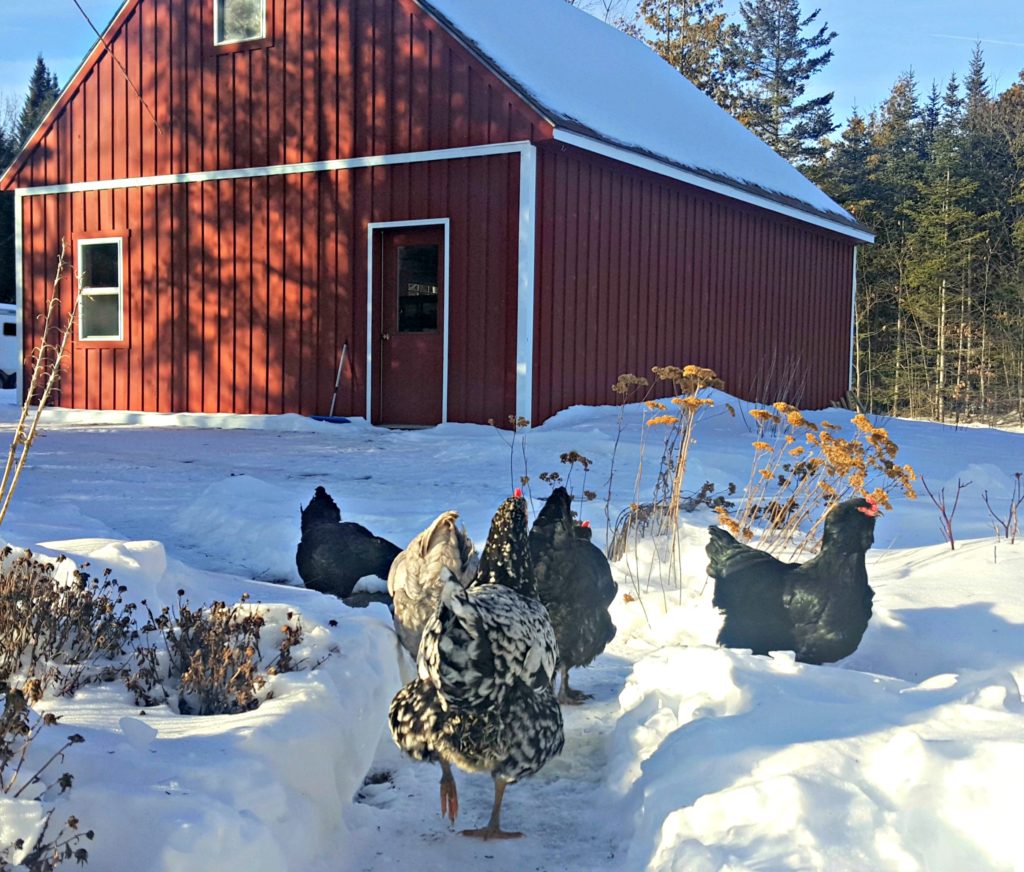
by Lisa Steele, Fresh Eggs Daily
Chickens, like most animals, do far better in the cold than the heat, but will appreciate and benefit from a bit of extra care when the frigid winter months arrive. Interestingly enough, heating your coop isn’t one of the things I recommend.
Heat lamps in chicken coops not only are the cause of many devastating (and completely avoidable) coop fires each winter, but heating your coop can actually be harmful to your chickens. If you heat your coop and then lose power, your chickens won’t have been allowed to gradually get acclimated to the cold and when their heat source is suddenly removed, they can freeze to death. Instead, rely on a few old-fashioned ways to help your chickens get through the cold months.
Here are five easy, inexpensive ways to make your chickens more comfortable this winter.
-
Lots of Straw
Straw is a wonderful coop bedding choice, especially in the winter. The hollow shafts in the straw trap and hold warm air, effectively insulating your coop floor. A layer of straw up to a foot deep will help keep your chickens warmer at night. Likewise, straw bales stacked along the inside walls of the coop provide more insulation. In the spring, you can use the straw in your garden as mulch, or through the spring and summer as coop bedding. Straw scattered along shoveled paths in your yard or chicken run can also help entice your flock to venture outdoors on nice, sunny winter days for some exercise and fresh air.
-
Ventilation
Many chicken keepers have the natural tendency to want to close up all the windows and vents in their coop when the winter winds start to blow. But that is counterproductive. Ammonia fumes created by chicken manure will build up in the coop and can cause respiratory and eye issues if they can’t escape. Also, frostbite (which targets chickens’ combs, wattles and feet) is caused more by moisture in the air than by the cold itself, so it’s very important to have good airflow in your coop year round.
In the winter, the open vents should be located high up in the coop, well above your chickens’ heads when they roost, for maximum effectiveness, and of course covered with ½” welded wire to prevent even the smallest predators from gaining access to the coop. Lower air flow will cause drafts that aren’t beneficial, so any windows or small openings situated lower on the walls can be closed for the winter.
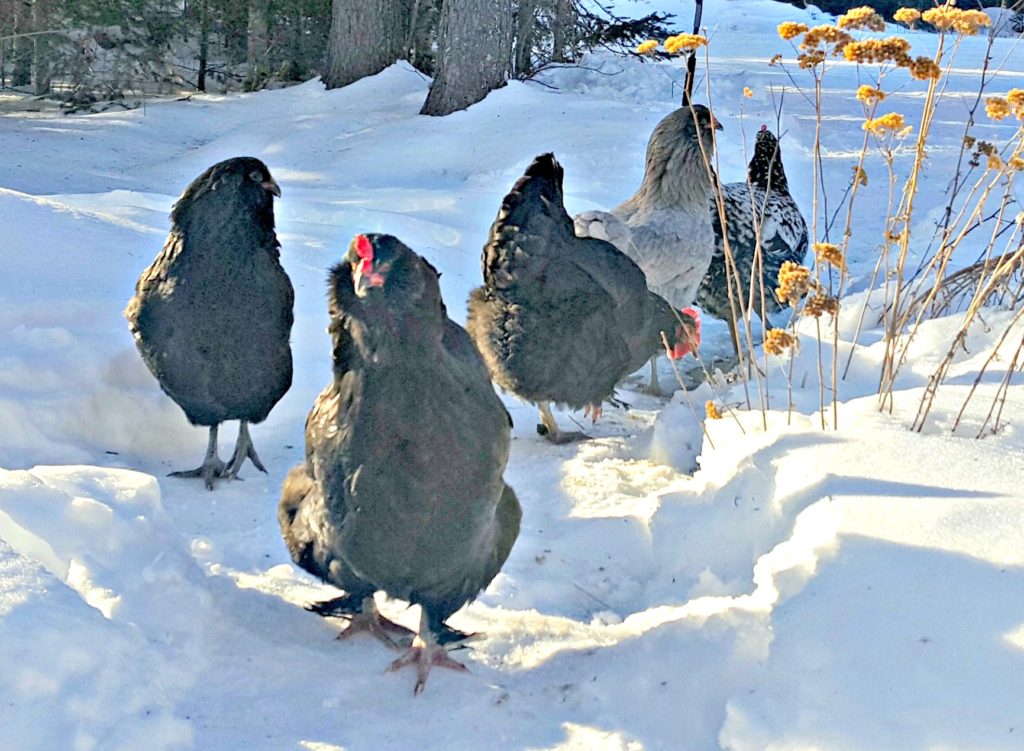
-
Protect Exposed Combs
Taking some preventive measures to protect the combs and wattles of your chickens with larger appendages can help prevent frostbite as well. Gently smearing some coconut oil on them helps to protect them on extremely cold nights. Most hens will tuck their heads under a wing, thereby keeping their comb warm, but roosters aren’t apt to do that and so are most susceptible to frostbite, with their large combs.
-
Wind Block
Creating a wind block in a sunny corner of your run will also encourage your chickens to spend more time outdoors. Fresh air and sun are good for them, so anything you can do to make an area where they can get out of the wind and stay a bit warmer is a good idea. Wrap a corner of your run with a tarp or piece of heavy plastic, or use sheets of plywood to create an area protected from the worst of the wind. Set up some logs or stumps, outdoor roosts made of branches or even a ladder or bench for them to perch on to get up off the cold ground.
-
High Fat/High Energy Treats
In the winter, offering your flock treats packed with good fats help them stay warm. Just before dusk, toss out some scratch grains, cracked corn, peanuts or other unsalted nuts for your chickens. Their bodies will generate heat throughout the night as they digest the high energy treats. Homemade suet cakes made with cooking grease, nuts and raisins are also great winter treats.
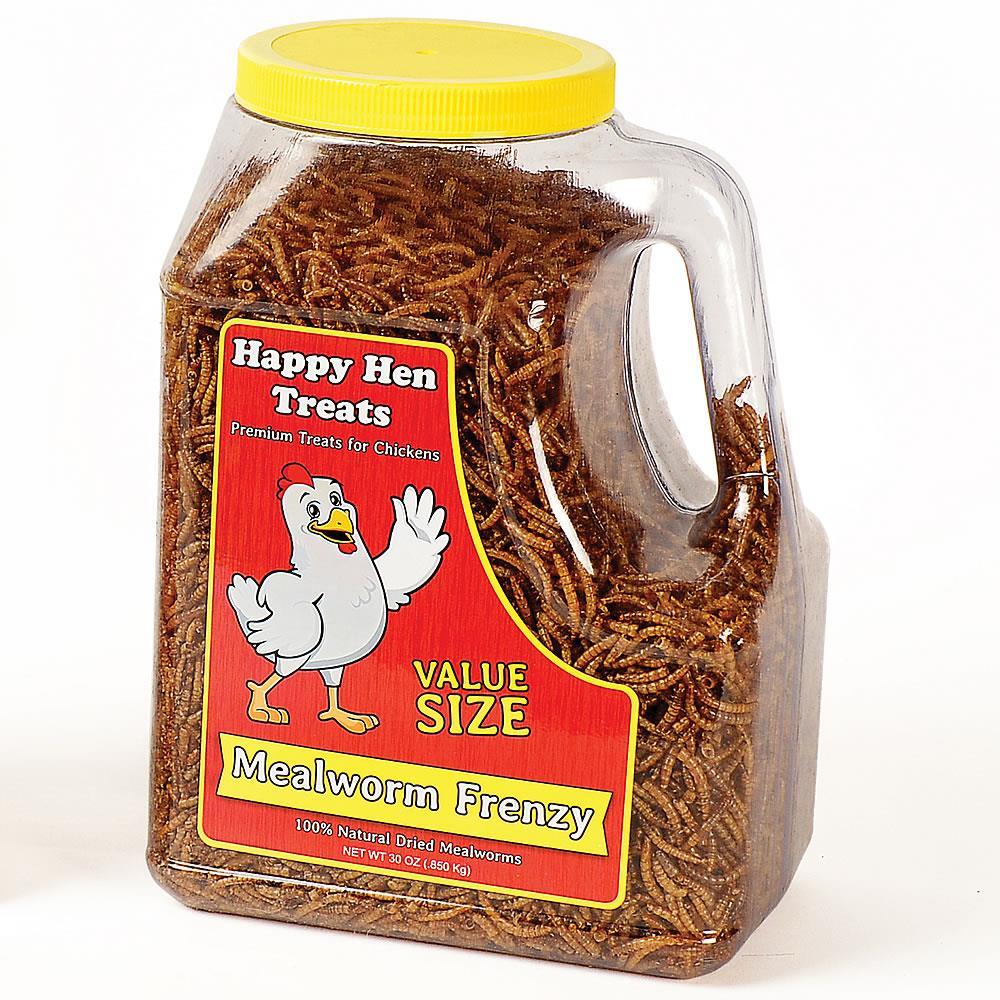
 Lisa Steele is a fifth-generation chicken keeper who has been around chickens most of her life. It’s no surprise she has made her name raising her own backyard flock and sharing her farming adventures. Lisa is also an avid gardener and aspiring herbalist. She shares tips and advice on both her award-winning Fresh Eggs Daily blog (www.fresheggsdaily.com) and Facebook page of the same name. She holds a Maine Master Gardener certification and her popular website has been named one of Better Homes & Gardens Top Ten Gardening Blogs.
Lisa Steele is a fifth-generation chicken keeper who has been around chickens most of her life. It’s no surprise she has made her name raising her own backyard flock and sharing her farming adventures. Lisa is also an avid gardener and aspiring herbalist. She shares tips and advice on both her award-winning Fresh Eggs Daily blog (www.fresheggsdaily.com) and Facebook page of the same name. She holds a Maine Master Gardener certification and her popular website has been named one of Better Homes & Gardens Top Ten Gardening Blogs.
Editor’s Note: This article was first posted October 2016.



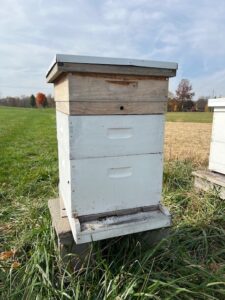
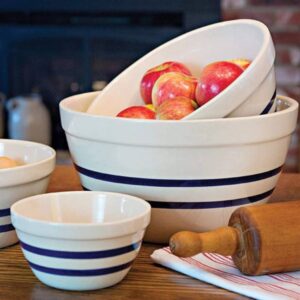
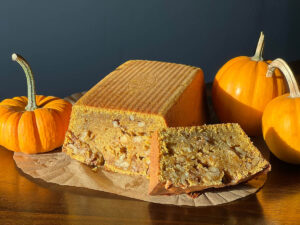

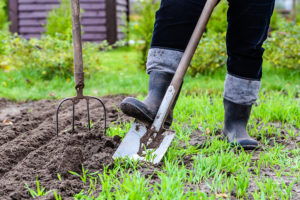
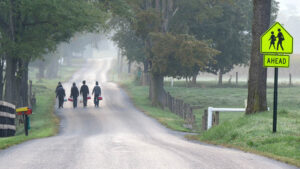




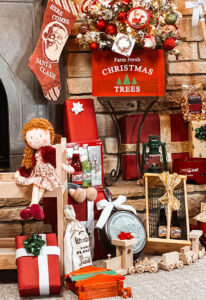
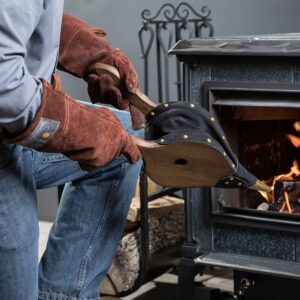
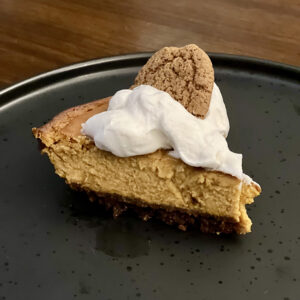
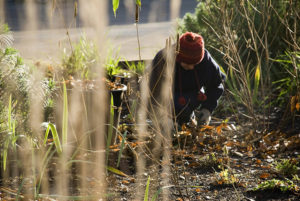

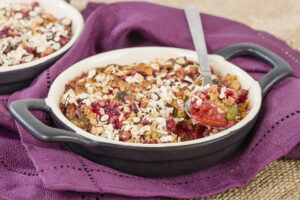
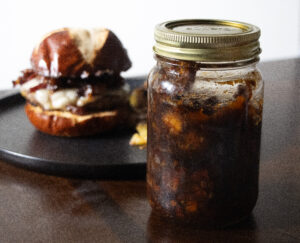
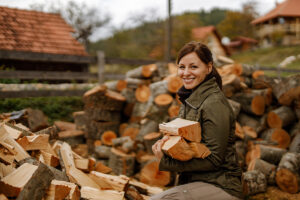





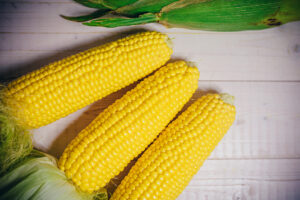

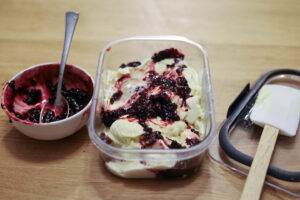


GOOD ADVICE FOR THE CHICKENS. I BED THE CHICKENS WITH STRAW AND SHAVINGS AND RAKE OUT THE HEN HOUSE EVERYDAY. I ALSO OFFER AN APPLE FOR THEM TO PECK AT.